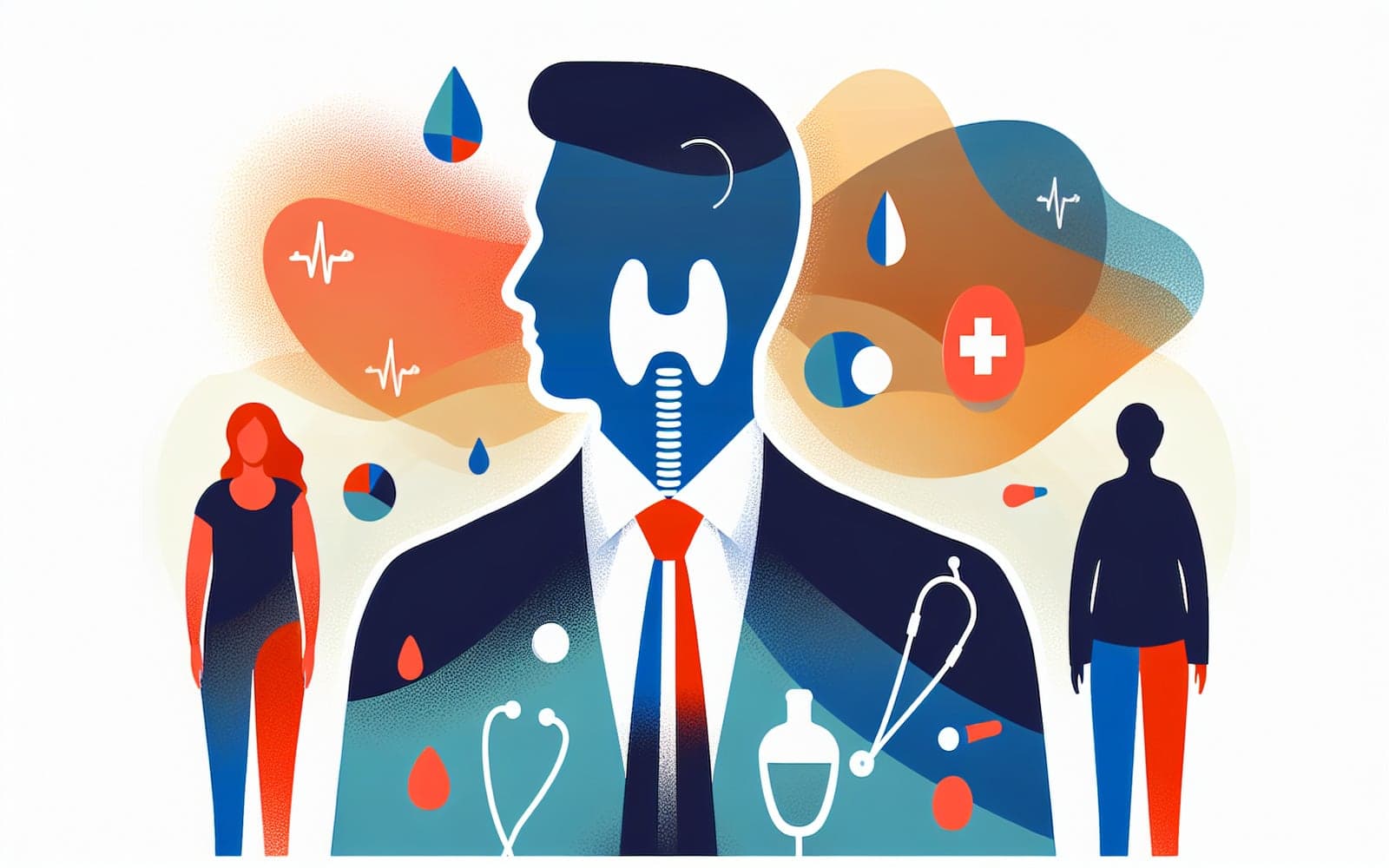Is Subclinical Hypothyroidism Affecting Your Health Without You Knowing?
Published: Apr 11, 2024
Subclinical hypothyroidism often goes unnoticed, but it can have significant effects on your health. Discover what this condition is and how it might be influencing your well-being.
Contents
Understanding Subclinical Hypothyroidism
Subclinical hypothyroidism is a condition where your thyroid doesn't produce enough hormones, but it may not show obvious symptoms. It's diagnosed by elevated levels of thyroid-stimulating hormone (TSH) while having normal thyroid hormone levels. Many people with this condition might not realize they have it since symptoms can be vague or absent.
Who Is at Risk?
This condition is more common as people age and is more frequently seen in women than men. Studies also show that it is less prevalent in Black people compared to White people. Factors such as autoimmune diseases, previous thyroid surgeries, and certain medications can increase the likelihood of developing subclinical hypothyroidism.

Potential Health Impacts
Subclinical hypothyroidism can progress to overt hypothyroidism, which has more noticeable symptoms and requires treatment. It may also be linked to an increased risk of heart problems and other health issues. However, not everyone with subclinical hypothyroidism will experience these complications.
Frequently Asked Questions
Most people with subclinical hypothyroidism have no obvious symptoms.
Older adults and women are at higher risk.
Yes, it can increase the risk of heart disease if untreated.
Not always; it depends on TSH levels and symptoms.
Key Takeaways
Subclinical hypothyroidism might be silently affecting your health, so regular check-ups are crucial.
Talk to Doctronic today to see if this condition might be affecting you.Related Articles
References
Biondi B, Cappola AR, Cooper DS. Subclinical Hypothyroidism: A Review. JAMA 2019; 322:153.
Gussekloo J, van Exel E, de Craen AJ, et al. Thyroid status, disability and cognitive function, and survival in old age. JAMA 2004; 292:2591.
Always discuss health information with your healthcare provider.

